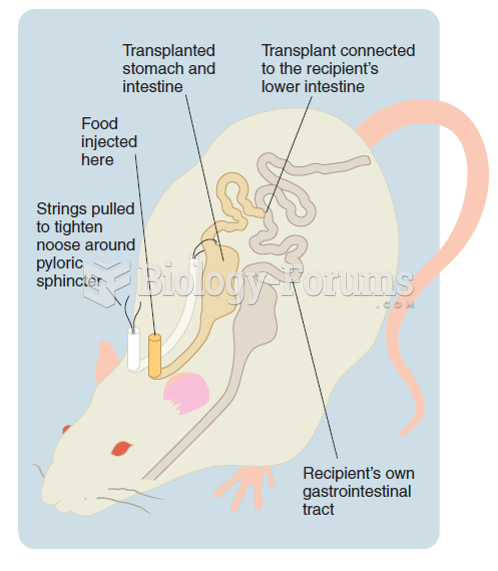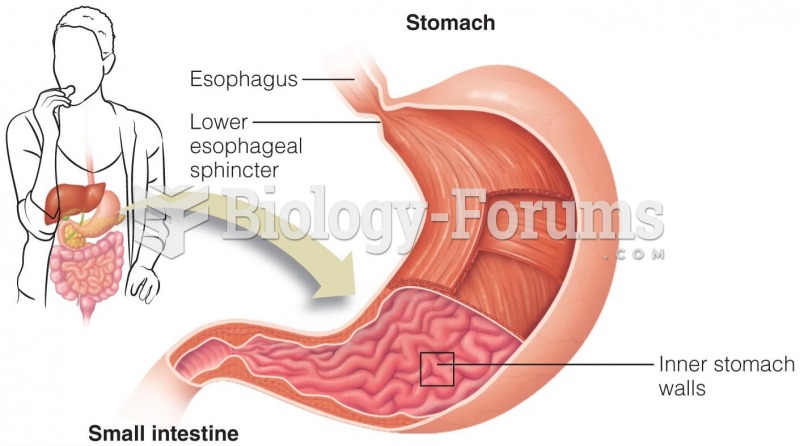|
|
|
According to research, pregnant women tend to eat more if carrying a baby boy. Male fetuses may secrete a chemical that stimulates their mothers to step up her energy intake.
There are 20 feet of blood vessels in each square inch of human skin.
To maintain good kidney function, you should drink at least 3 quarts of water daily. Water dilutes urine and helps prevent concentrations of salts and minerals that can lead to kidney stone formation. Chronic dehydration is a major contributor to the development of kidney stones.
In most climates, 8 to 10 glasses of water per day is recommended for adults. The best indicator for adequate fluid intake is frequent, clear urination.
Human stomach acid is strong enough to dissolve small pieces of metal such as razor blades or staples.
 The ovaries. In addition to producing ova, the ovaries secrete the female sex hormones, estrogen and
The ovaries. In addition to producing ova, the ovaries secrete the female sex hormones, estrogen and
 Like all animals, primates must balance their calories expended searching for food with calories, pr
Like all animals, primates must balance their calories expended searching for food with calories, pr





